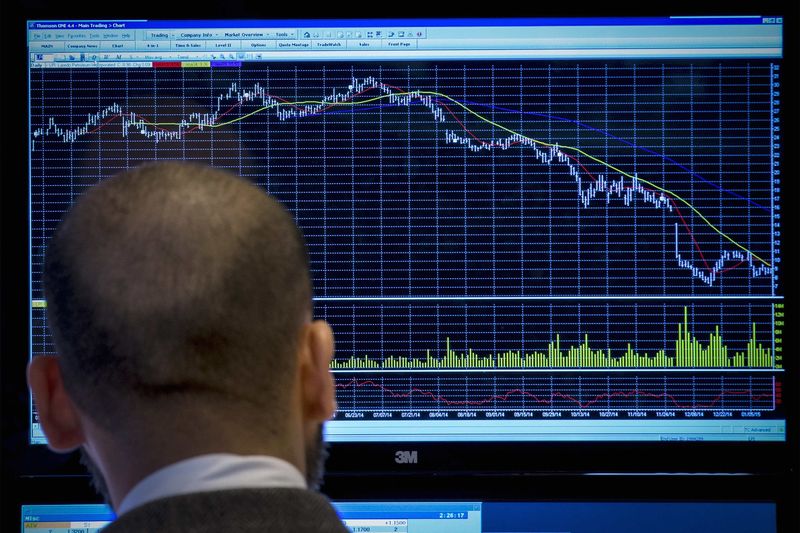The growing market for DevOps platforms benefits GitLab (GTLB) and the company expects significant revenue growth in the current quarter. However, the company’s weak bottom line is a concern. The stock climbed 35% in price on its Nasdaq debut in October. But it has declined 27.8% since it went public, to close its last trading session at $75.00. So, is GTLB a profitable bet now? Read on.San Francisco-based GitLab Inc. (GTLB) develops software for the software development lifecycle. The stock closed at $103.89 on its first day of trading on the NASDAQ on October 14, driving its market capitalization to $14.90 billion. This was well above its expected range of $66 to $69 per share and an expected valuation of about $11 billion. GTLB shares climbed 35% in price on their first day of trading. However, the stock has slumped 41.7% over the past month and 14.8% over the past five days to close its last trading session at $75.00. Furthermore, the stock is trading well below its 50-day and 200-day moving averages.
Although the company reported solid topline growth in its fiscal third-quarter results, its bottom line remained bleak. GTLB’s revenue came in at $66.80 million, up 58% year-over-year. However, its net loss increased 12.6% year-over-year to $41.20 million. The company expects to generate revenue of $69.50 – $70.50 million in the current quarter, while its net loss per share is expected to be around $0.26 – $0.25. “We are pleased with our dollar-based net retention of over 130% and the positive business outcomes we continue to drive for our customers across all verticals around the world. The market for DevOps platforms is underpenetrated, and as a pioneer of The DevOps Platform, GitLab is well-positioned to make the most of the substantial market opportunity before us,” according to GitLab CEO, Brian Robins.
However, following its third-quarter earnings release, Piper Sandler analyst Rob Owens lowered GTLB’s price target to $100 from $120 while maintaining a Hold rating. Also, Cowen & Co. analyst Derrick Wood reduced the price target to $130 from $145. Furthermore, the company’s current valuation does not justify its underlying fundamentals, putting its valuation metrics at astronomical levels. And its beta of 1.61 indicates high volatility.

